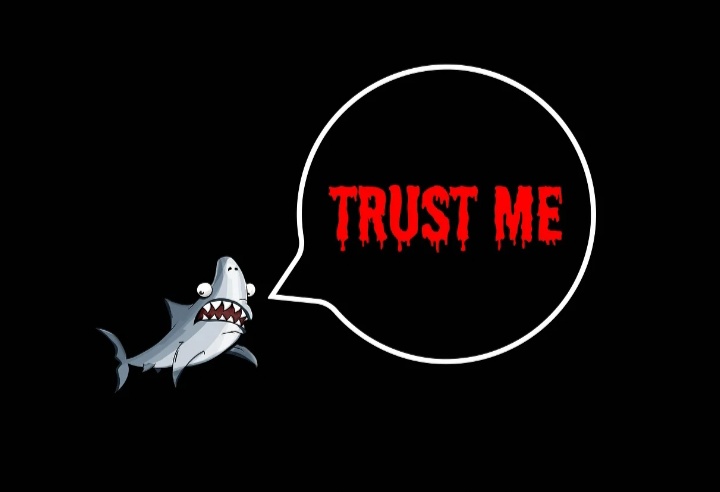Truth can be difficult to face for a number of reasons, including:
Discomfort
The truth can be uncomfortable and disrupt our sense of how the world works, or make us question our loyalties and preconceptions.
Fear of rejection
We may be afraid of being disliked if we tell people how we really feel, think, or want.
Fear of pain
We may avoid the truth because it could be annoying, painful, or career-altering.
Denialism
People may use denialism to protect themselves from mentally disturbing facts and ideas. Denialism can be motivated by religion, self-interest, or defense mechanisms.
What is really the truth?
You are a truth, and your feelings and thoughts, because they are part of you. This does not mean that what they are about, are what you think they are. They are learned definitions of complex things. What is a rock? It consists ultimately of some distribution of atoms, which again may be divided into more fundamental particles which interact via fields. And the fundamental particles and fields are built on what? We don’t get anywhere. A rock is a rock.

Is a tree a truth? I think so. You can touch it, smell it, use it. But what is it really? We have definitions of life. A tree is a life form, because it behaves according to rules we set up that define life, for example containing life’s chemical building blocks. These are again built on atoms and we are back to a three that is a tree.
A thought. What is it but neurons firing in some sequence, yielding a moving wave or pattern in a head, as a result from an external and/or internal stimuli. Again fundamental charges or particles. The same occurs within heads all over the animal kingdom, but also to some extent in the bodies, which means that trees may also have thoughts, even without a head or neurons. We know a tree is smart, as it adjusts growth for light, and we correlate intelligence with thinking. But what is it really? What are the absolute truths about a thought?
And who exactly is thinking? The truth about consciousness? Nobody knows.
We are born like a computer, with no knowledge about ourselves, with some primitive operating system with potential to develop itself. Some programs are given, as we know how to breath, think, move arms, and we have the ability to learn. We still have to learn the most of, which will later come to define who we (really?) are. What we learn will depend on our environment, group and on our mentors. We learn various skills and are taught truths.
The key is survival. We want a life, and our life needs a supporting system, i.e. the group we are born into, or raised within. For the group to survive, it is important the energy they invest in us isn’t wasted, so we are taught what the group accepts as energy efficient rules to increase the chances for its continued survival. The society does not care about absolute truths – it is very pragmatic. It teaches the truths the it thinks are the best for its continued survival. The truths are carefully wrapped inside tales, theatre, films, books and culture and religion.
Truths will change, but slowly, and according to the rules of evolution. Abrupt changes spell trouble. We know from history big changes can happen fairly quick. It may be through new fundamental ideas, inventions, technical and other revolutions or discoveries, by wars or disasters. Things can be chaotic for a while, then new, modified, updated truths replace the old, reassembled, a shift if paradigms. There is opportunities for new stories and tales.
There will be different ways to the same truth, and two different sets of truths can be used with some success for protecting two different groups – like communism and capitalism. So different cultures obtain different truths, different logics. A god constitutes one such truth. It pops up everywhere when humans cannot explain something, in various shapes, as useful scapegoat to hide the incompetence of the elite (all sinning did it, god got angry, he needs more sacrifices). It is very convenient to blame someone for disasters, sickness or wars. Religions is another glue to keep the members tighter together, an essential one, as it concerns both death and life.
So yes, the failure of building your group’s truths into your life will lead you to conclusions outside its realms, thus you would come to believe in error – what the group thinks will erode its powers and ultimately could destroy it. You will represent a cost, not an asset for the group, so you are dispensable, you must be rejected, and your truths must be fought by all means necessary.”
https://www.quora.com/The-failure-to-build-a-truth-into-your-life-will-lead-you-to-believe-in-err


